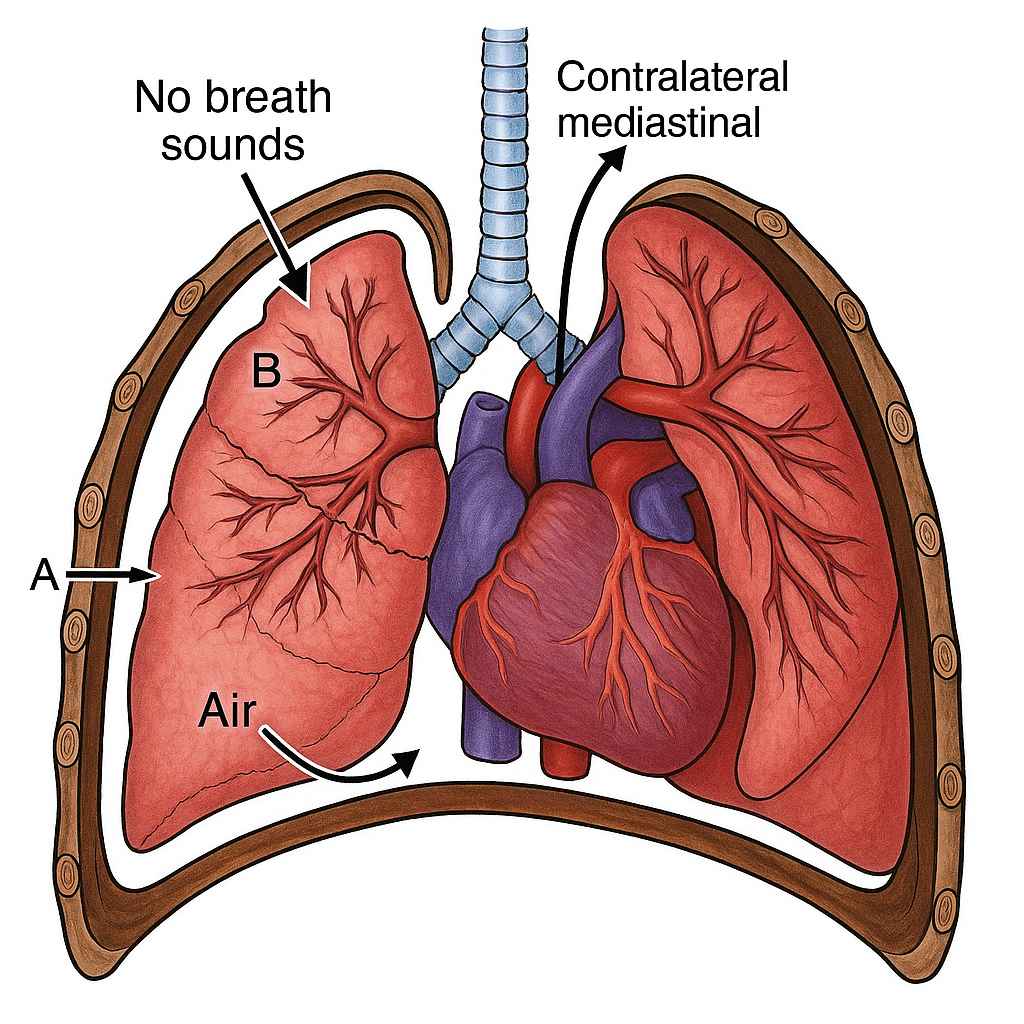The lungs play a crucial role in delivering oxygen to the body and removing carbon dioxide. However, various factors such as smoking, pollution, infections, and underlying health conditions can damage lung function over time. Recognizing early warning signs of lung disease is essential for seeking timely medical attention and preventing severe complications. If you experience the following symptoms, it may indicate that your lungs are not in good condition.
1. Persistent Cough
A cough that lasts more than eight weeks (chronic cough) can be a sign of lung problems. It may be dry or produce mucus and could indicate conditions such as chronic bronchitis, asthma, or even lung cancer. If you notice blood in your cough (hemoptysis), it is a serious warning sign that requires immediate medical evaluation.
2. Shortness of Breath
Feeling breathless after minimal physical activity, or even at rest, suggests compromised lung function. Conditions like chronic obstructive pulmonary disease (COPD), pneumonia, or pulmonary fibrosis can cause difficulty breathing. If shortness of breath worsens over time, it should not be ignored.
3. Wheezing or Noisy Breathing
Wheezing—a whistling sound when breathing—often occurs when airways are narrowed due to inflammation or mucus buildup. It is commonly associated with asthma, COPD, or allergies, but persistent wheezing can indicate serious lung diseases that require medical attention.
4. Chest Pain
Chest pain that worsens when breathing deeply, coughing, or laughing may signal lung infections, pleurisy (inflammation of the lung lining), or even lung cancer. If the pain is persistent and not related to heart issues, it could indicate a lung condition.
5. Frequent Lung Infections
If you suffer from repeated respiratory infections, such as bronchitis or pneumonia, it may indicate weakened lung function. Healthy lungs have strong defenses against infections, but chronic lung diseases can make them more susceptible.
6. Fatigue and Weakness
Oxygen is essential for energy production in the body. When lung function is compromised, oxygen levels drop, leading to persistent fatigue and weakness. If you constantly feel exhausted without a clear reason, it may be a sign of reduced lung efficiency.
7. Bluish Lips or Fingertips (Cyanosis)
Low oxygen levels in the blood can cause a bluish discoloration of the lips, fingertips, or skin. This is a serious symptom that suggests severe lung disease or respiratory failure and requires immediate medical attention.
Conclusion
If you experience any of these symptoms, it is crucial to seek medical evaluation. Early detection of lung disease can help prevent severe complications and improve quality of life. Lifestyle changes such as quitting smoking, avoiding air pollution, exercising regularly, and maintaining a healthy diet can also support lung health.

